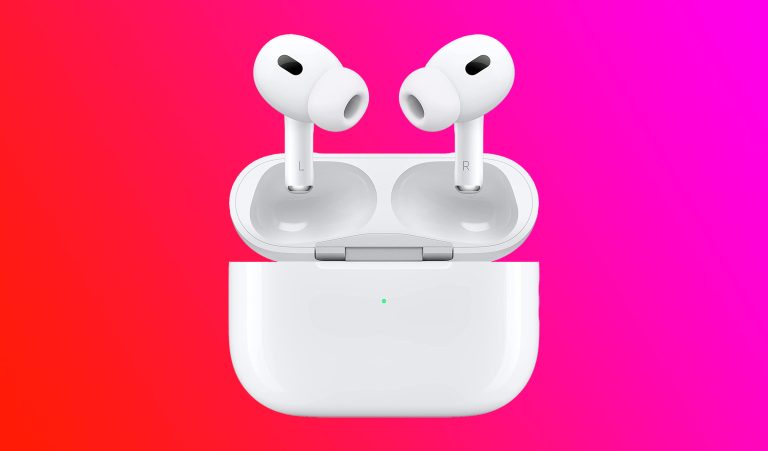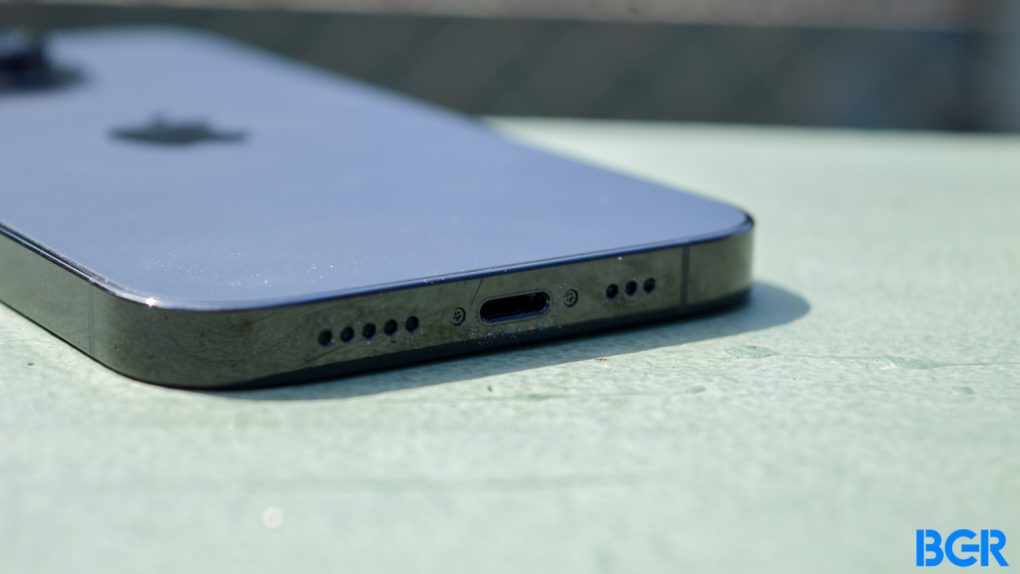Everybody knew Apple would have to switch to USB-C between 2024 and 2025 in Europe. While this could mean that only iPhone 16 or 17 would have to make the transition properly, it’s expected that the Cupertino company will move with its next smartphone release in 2023.
That said, the European Union has finally decided when all “charging interfaces” will have to use the USB-C standards.
According to a newly published directive, the European Parliament has decided that “in accordance with Article 10(1) of Regulation (EU) No 1025/2012, and by 28 December 2024, request one or more European standardization organizations to draft harmonized standards laying down technical specifications for the charging interface(s) and charging communication protocol(s) for radio equipment capable of being recharged by means other than wired charging.”
With that, starting on December 28, 2024, Apple will have to launch every new product with a USB-C port, which means that Apple’s upcoming headsets and iPhones will have to make the switch, as currently only Macs, iPads, and now the Apple TV use a USB-C standard.
The European Parliament says that starting April 28, 2026, earbuds will also have to make the switch, meaning AirPods models still have a bit more time until they need to make the switch.

In addition, last month, BGR covered that the European Union has another legislation in place that could force Apple to support third-party app stores on the iPhone.
The EU’s Digital Markets Act (DMA) is the law in question, a piece of legislation the region passed over the summer. But it only took effect on November 1st, and tech giants operating in Europe are yet to experience the consequences.
Effectively, the EU’s DMA will impose new rules for the internet to make apps and services more open and interoperable. Apple’s App Store for the iPhone and iPad will be one of many pieces of the internet that might have to adapt to the EU’s DMA.
While this is another story, Apple will have to make a lot of concessions in the coming years if it wants to operate and profit in Europe.








